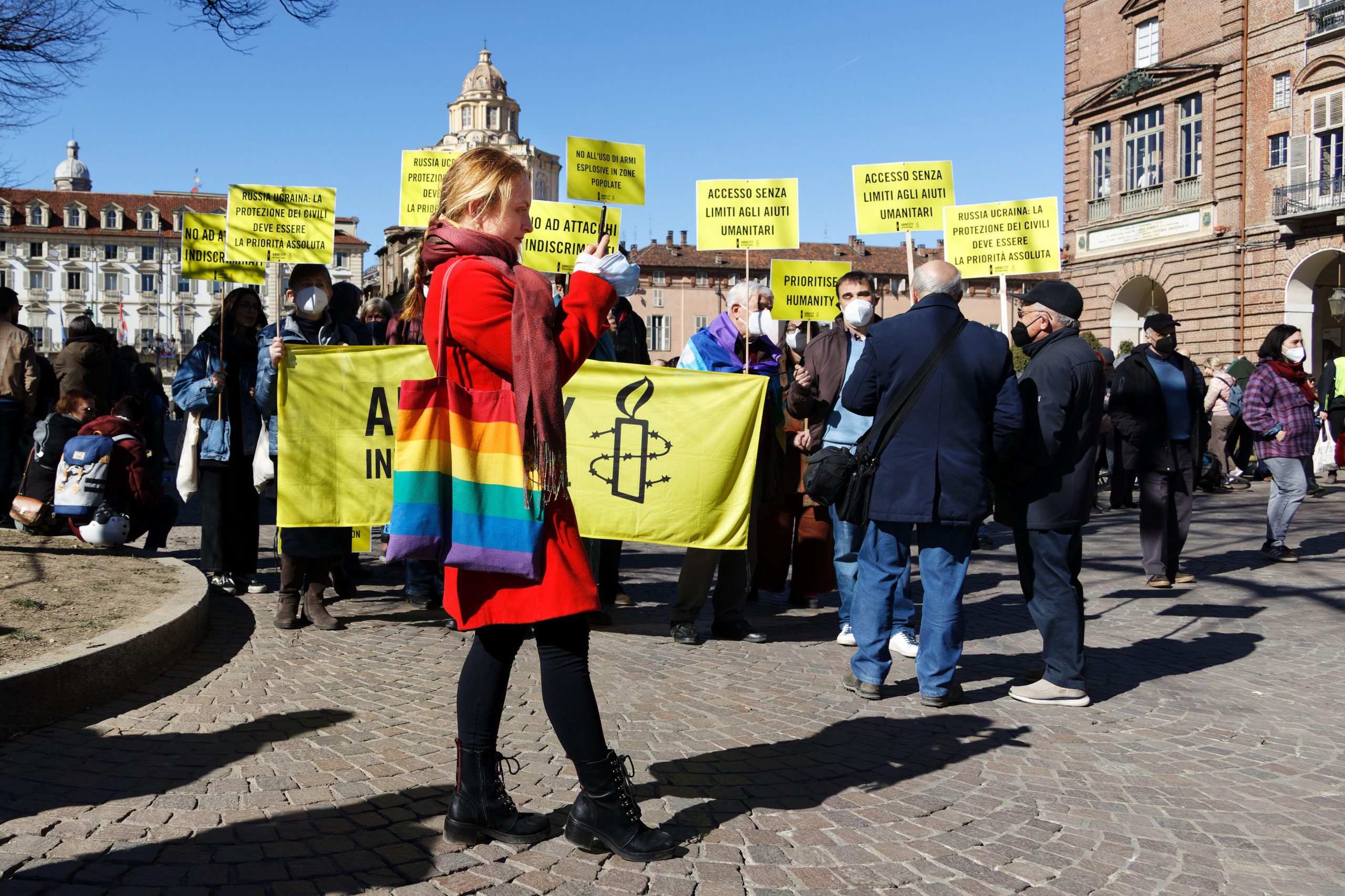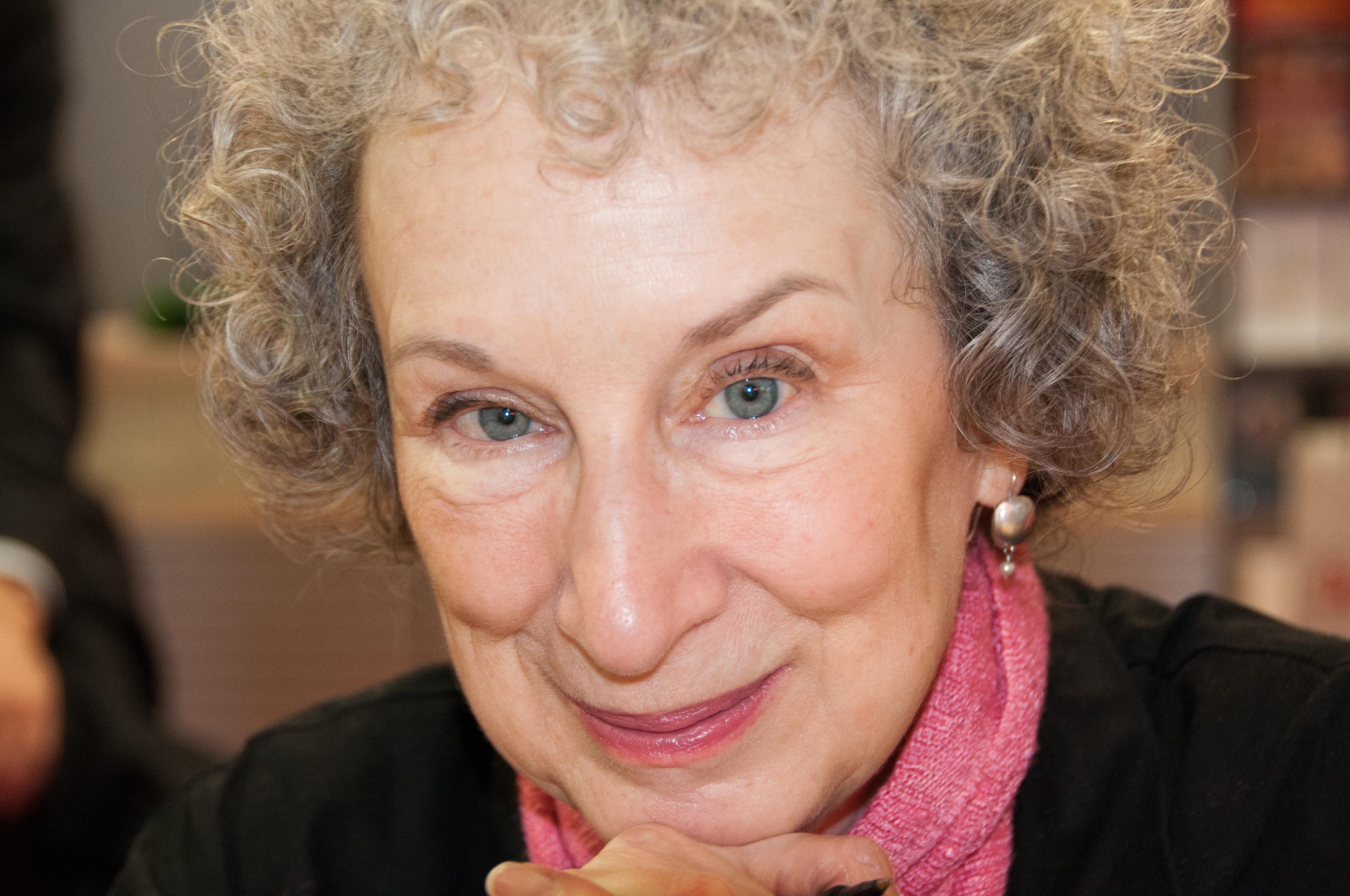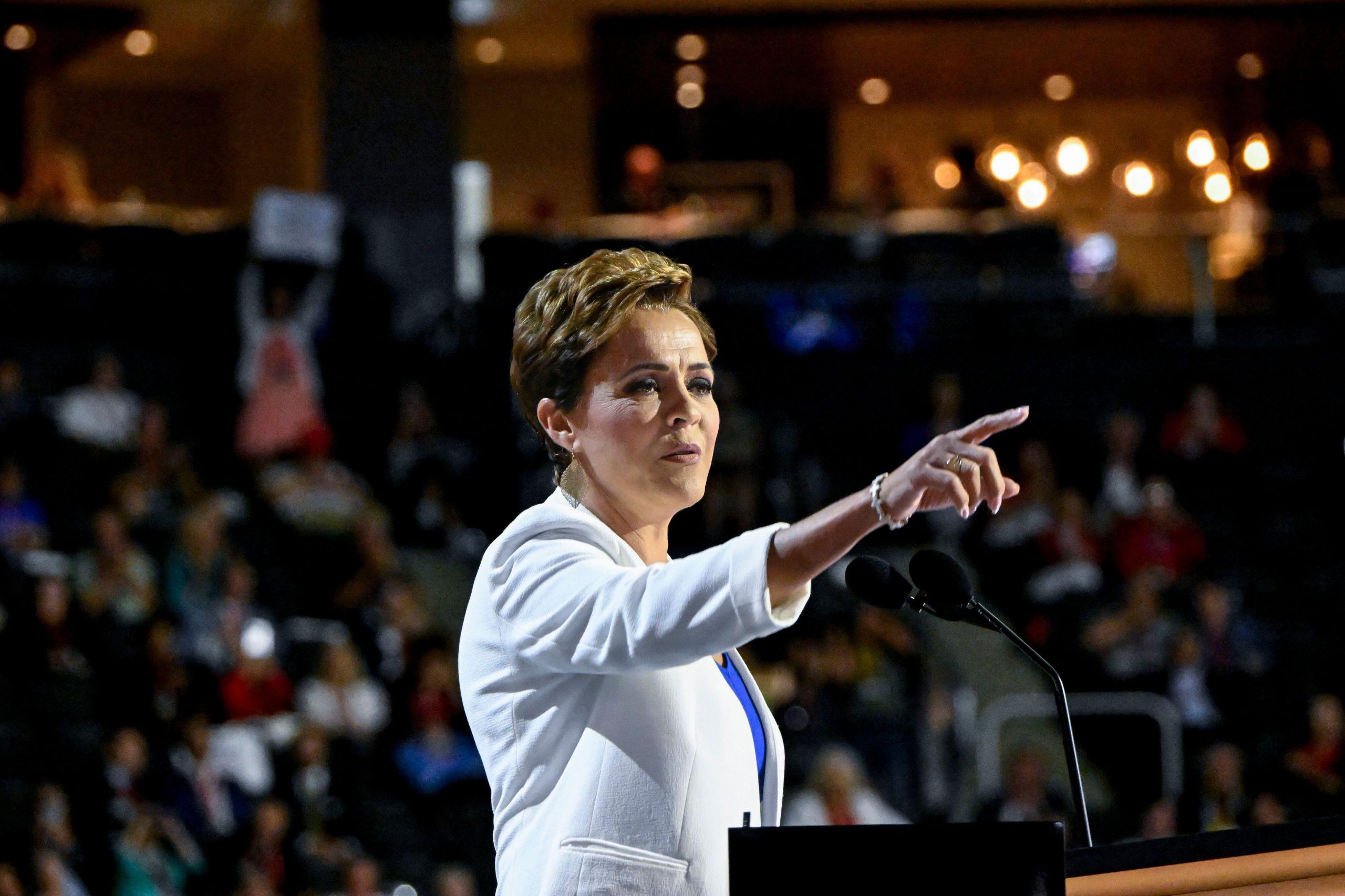As Mexican voters get ready to eelect their next president1 July , all four candidates have made statements in support of free expression and the protection of journalists. In the last five years, 44 Mexican journalists have been killed, most of them in the provinces.
During a June meeting with farming groups in the state of Veracruz, one of the most deadly provincial areas for journalists, Enrique Peña Nieto, the frontrunner candidate for the former ruling party Partido Revolucionario Institucional, (PRI) offered a one minute silence in memory of the nine journalists killed in that state in the last few months. Organised crime would not “force Mexicans to stop expressing their freedom of expression in terms of ideas; this is the pillar and strenght of our democracy,” said Peña Nieto.
Manuel Lopez Obrador, candidate for the leftist Partido de Revolucion Democratica (PRD), has also said that individual, religious, political freedoms and freedom of expression would be the most important rights his government would respect if he won the elections. And Josefina Vasquez Mota, the candidate for the ruling Partido Accion Nacional also hitched her wagon on freedom of expression. “When the right to freedom of expression is gone, we lose all our other freedoms,” during International Day for Freedom of Expression. Gabriel Quadri of the smaller Nueva Alianza party also endorsed better security for journalists.
This is good news. It took several years to reform the legal infrastructure to prosecute crimes against journalists. A new law that makes the murder of a newsperson a federal crime was recently approved, but many problems remain to make it work, including establishing a new legal infrastructure and incorporating new language in the penal code.
However, for the last few months of the campaign, the elephant in the room has been the mistrust that exists among sectors of the population which feel the media manipulates the information they get, especially at election time — a mistrust that goes back to the 70 years the PRI was in power, and was believed to have fixed elections with the help of the news media. The YoSoy132 university student movement, which was launchedin May, struck a chord when it protested against television monopolies. While cable television offers a variety of options, non cable subscribers can only see two companies, Televisa and Television Azteca. This is difficult in a country where 80 percent get their news from television.
The Guardian also drove the point home, when it published a story based on leaked documents that sought to prove that Televisa had received multi-million dollar payments to promote the image of the PRI´s candidate Peña Nieto. The documents had been first mentioned in an earlier story in 2006, and their veracity was downplayed by some media in Mexico.
Amedi, civil society organization that promotes media plurality, suggests that whoever wins the 1 July presidential election should push for two more national open channels at least, and better policies to promote digital television.




